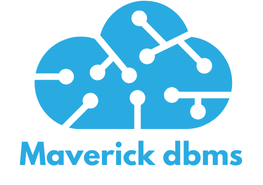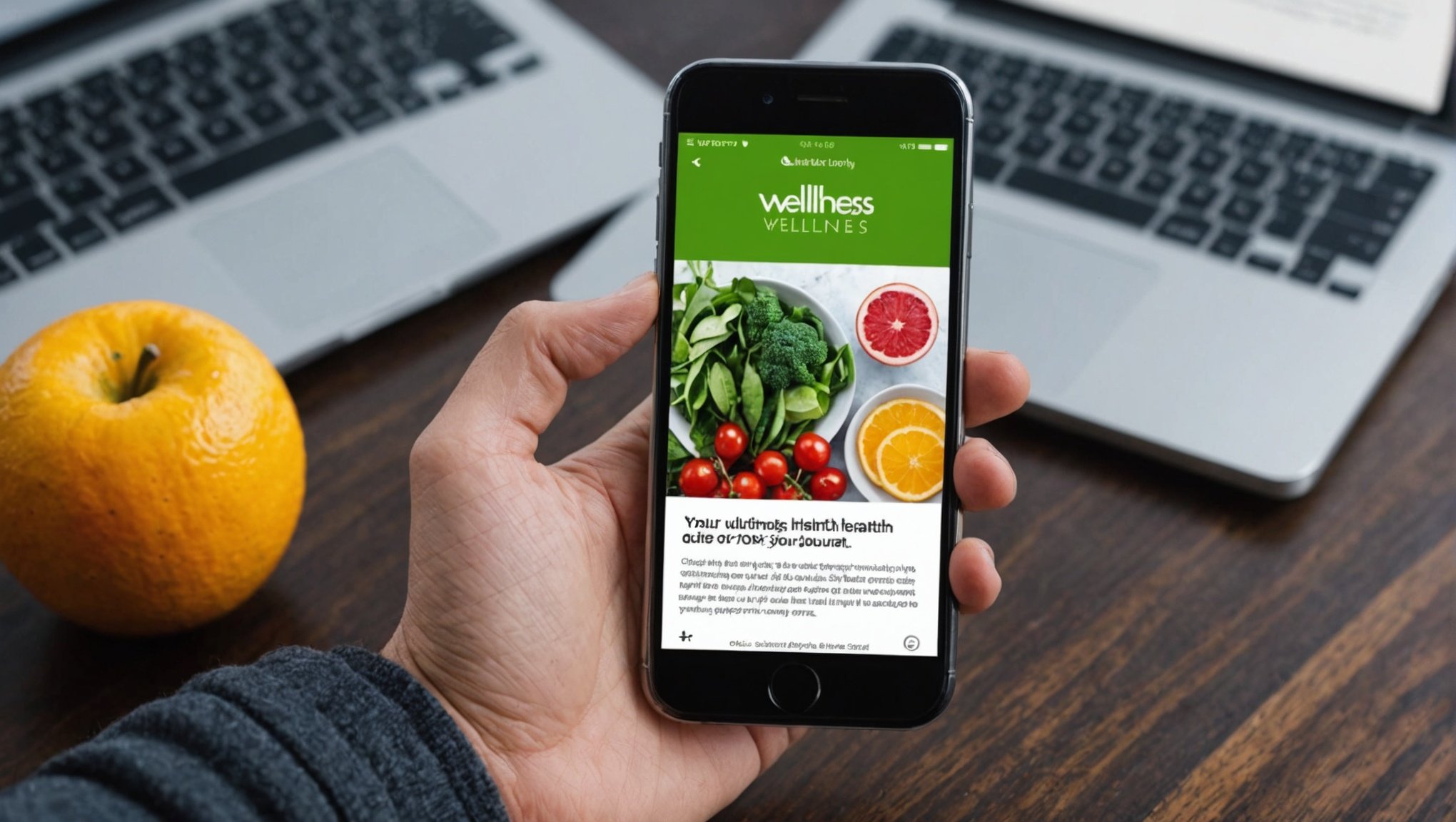Maintaining your health is more essential than ever, and a digital health journal can help you stay accountable and informed. Transform your smartphone into a powerful wellness tool that tracks vital habits, moods, and fitness goals. This guide offers practical steps to create a personalized journal that suits your lifestyle. Discover how easy it is to harness technology for better health management, making positive changes more attainable than ever before. Start your journey to wellness today!
Understanding Digital Health Journals
Digital health journals are innovative tools designed to help individuals monitor and manage their health more effectively. These platforms serve as a digital repository for personal health information, allowing users to record and track various health metrics over time. The primary purpose of a digital health journal is to provide a comprehensive view of one's health, which can be invaluable for both personal insight and medical consultations.
Also to read : Master Your Home: Harnessing Your Smartphone to Manage and Oversee Smart Water Filtration Systems
The benefits of health journals are numerous. They enable users to maintain a detailed log of their health status, which can help in identifying patterns and trends that might otherwise go unnoticed. This proactive approach to health management can lead to early detection of potential health issues, allowing for timely interventions. Moreover, digital health journals offer convenience and accessibility, as they can be updated and accessed from any device with internet connectivity.
Tracking health metrics is a fundamental aspect of maintaining a digital health journal. Common metrics include physical activity levels, dietary habits, sleep patterns, and emotional well-being. By consistently logging these aspects, users can gain a holistic understanding of their health and make informed decisions about lifestyle changes. This comprehensive tracking can also facilitate more productive discussions with healthcare providers, as it provides concrete data to support medical evaluations and treatment plans.
This might interest you : What Are the Best Methods to Use Your Smartphone for Efficient Document Scanning?
Choosing the Right Smartphone App
Selecting the ideal health journal app involves evaluating several key factors to ensure it meets your specific needs. With a variety of options available, understanding app features can greatly enhance your digital health journaling experience.
Popular Digital Health Journal Apps
There are numerous health journal apps available, each offering unique features. Some popular options include MyFitnessPal, which focuses on dietary tracking, and Fitbit, known for its comprehensive activity monitoring. Other apps like Daylio provide a mood tracker to help users monitor emotional well-being. These apps often integrate seamlessly with other health devices, offering a unified view of your health metrics.
Free vs. Paid App Options
When considering health journal apps, it's important to weigh the benefits of free versus paid versions. Free apps typically offer basic tracking and logging features, while paid versions may provide enhanced analytics, personalized insights, and ad-free experiences. It's crucial to assess whether the additional features of a paid app justify the cost based on your personal health goals.
Factors to Consider When Selecting an App
When choosing a health journal app, consider the following:
- User Interface: An intuitive and user-friendly interface can make tracking your health metrics more enjoyable and less time-consuming.
- Compatibility: Ensure the app is compatible with your smartphone and any health devices you use.
- Data Security: Prioritize apps that offer robust data protection to safeguard your personal health information.
- Customization: Look for apps that allow customization to tailor the tracking features to your specific health needs.
By considering these factors, you can select a health journal app that best supports your journey towards improved health and well-being.
Step-by-Step Guide to Setting Up Your Digital Health Journal
Setting up your digital health journal is a straightforward process that can significantly enhance your health tracking experience. By following these steps, you can ensure your journal is tailored to your personal health needs.
Initial Setup
Begin by downloading your chosen app from the app store. Once installed, open the app and create an account using your email or social media credentials. This step is crucial for saving your data and ensuring it can be accessed across devices. During the setup, you will be prompted to enter basic information such as age, weight, and health goals. This data helps the app provide personalized insights and recommendations.
Customizing Your Journal
Customization is key to making your health journal truly yours. Most apps offer a range of options to personalize your experience. You can select which health metrics to track, such as diet, exercise, or mood. Additionally, you can set reminders for logging data, ensuring consistency in your tracking efforts. Adjust the app's interface to suit your preferences by choosing themes or layouts that make navigation intuitive and engaging.
Integrating Health Metrics
To maximize the benefits of your digital health journal, integrate various health metrics. Begin by syncing the app with compatible devices like fitness trackers or smart scales. This integration allows for automatic data entry, saving time and ensuring accuracy. For diet tracking, some apps offer barcode scanning features to quickly log food intake. For exercise, connect with apps that monitor physical activity to get a comprehensive view of your fitness levels. Finally, consider using mood tracking features to gain insights into your emotional well-being and its impact on overall health. By incorporating these diverse metrics, you can achieve a holistic view of your health journey.
Data Privacy and Security Considerations
In the world of digital health journaling, data privacy is paramount. Protecting your personal information is essential to ensure your health data remains confidential and secure. When using health journal apps, it's crucial to understand how your data is managed and safeguarded.
Importance of Data Privacy in Health Journaling
Health data is sensitive and requires stringent privacy measures. Ensuring health data security means that your personal metrics, such as physical activity, diet, and emotional well-being, are kept confidential. This protection is vital not only for your privacy but also to prevent unauthorized access or misuse of your information.
Best Practices for Ensuring Data Security
To maintain robust data security, consider the following practices:
- Use Strong Passwords: Create complex passwords for your health journal app accounts and change them regularly.
- Enable Two-Factor Authentication: This adds an extra layer of security, making it harder for unauthorized users to access your data.
- Regularly Update Apps: Keep your apps updated to benefit from the latest security patches and improvements.
Understanding App Permissions and User Rights
When installing a health journal app, review the permissions it requests. Apps often need access to certain device functions, but it's important to ensure these permissions are necessary and reasonable. Be aware of your user rights, including how your data is used and shared. Most apps provide privacy policies detailing these aspects, so take the time to read and understand them. By being proactive about data privacy, you can confidently use digital health journals while protecting your personal information.
Staying Motivated to Use Your Health Journal
Maintaining a consistent journaling habit is crucial for effective health tracking, but staying motivated can be challenging. Here are some practical techniques and strategies to help you remain engaged with your digital health journal.
Techniques for Building a Consistent Journaling Habit
Building a habit requires commitment and routine. Start by setting a specific time each day to update your health journal. Whether it's in the morning with your coffee or before bed, consistency is key. Utilize motivation techniques such as habit stacking, where you pair journaling with an already established routine, like brushing your teeth.
Setting Reminders and Goals for Effective Tracking
To ensure you don't forget to log your data, set reminders on your smartphone. These can be daily notifications prompting you to update your journal. Additionally, define clear, achievable goals for your health tracking. For instance, aim to log your meals every day for a week. By setting and accomplishing small goals, you'll build momentum and motivation.
Examples of Motivational Strategies to Maintain Engagement
Incorporate health habit formation strategies by rewarding yourself for maintaining your journaling routine. This could be as simple as enjoying a favourite snack or taking time for a relaxing activity. Visual progress trackers within your app can also serve as powerful motivators, allowing you to see the tangible benefits of your efforts. Engage with community features if available, sharing progress with friends or a support group to foster accountability and encouragement.
Practical Examples and Case Studies
Exploring real-world health journal examples can provide valuable insights into the effectiveness and challenges of digital health journaling. These case studies highlight how individuals have successfully integrated digital health journals into their daily routines.
Case Studies Illustrating Successful Health Journaling
Consider the case of Sarah, a 35-year-old who used a health journal app to manage her chronic migraines. By diligently logging her diet, sleep patterns, and stress levels, Sarah identified triggers and adjusted her lifestyle accordingly. Her consistent tracking led to a significant reduction in migraine frequency, showcasing the app's potential for improving quality of life.
Testimonials from Users on App Effectiveness
User experiences often provide compelling evidence of an app's effectiveness. John, a fitness enthusiast, shares how his health journal app helped him achieve his weight loss goals. By tracking his calorie intake and exercise routines, John gained a better understanding of his habits and made informed adjustments. His testimonial highlights the app's role in supporting sustainable health changes.
Common Challenges Faced and How to Overcome Them
While health journaling offers numerous benefits, users often encounter challenges such as maintaining consistency or dealing with data overload. To overcome these, experts recommend setting realistic goals and using app features like reminders or simplified data entry options. By addressing these common obstacles, users can enhance their journaling experience and achieve their health objectives.











